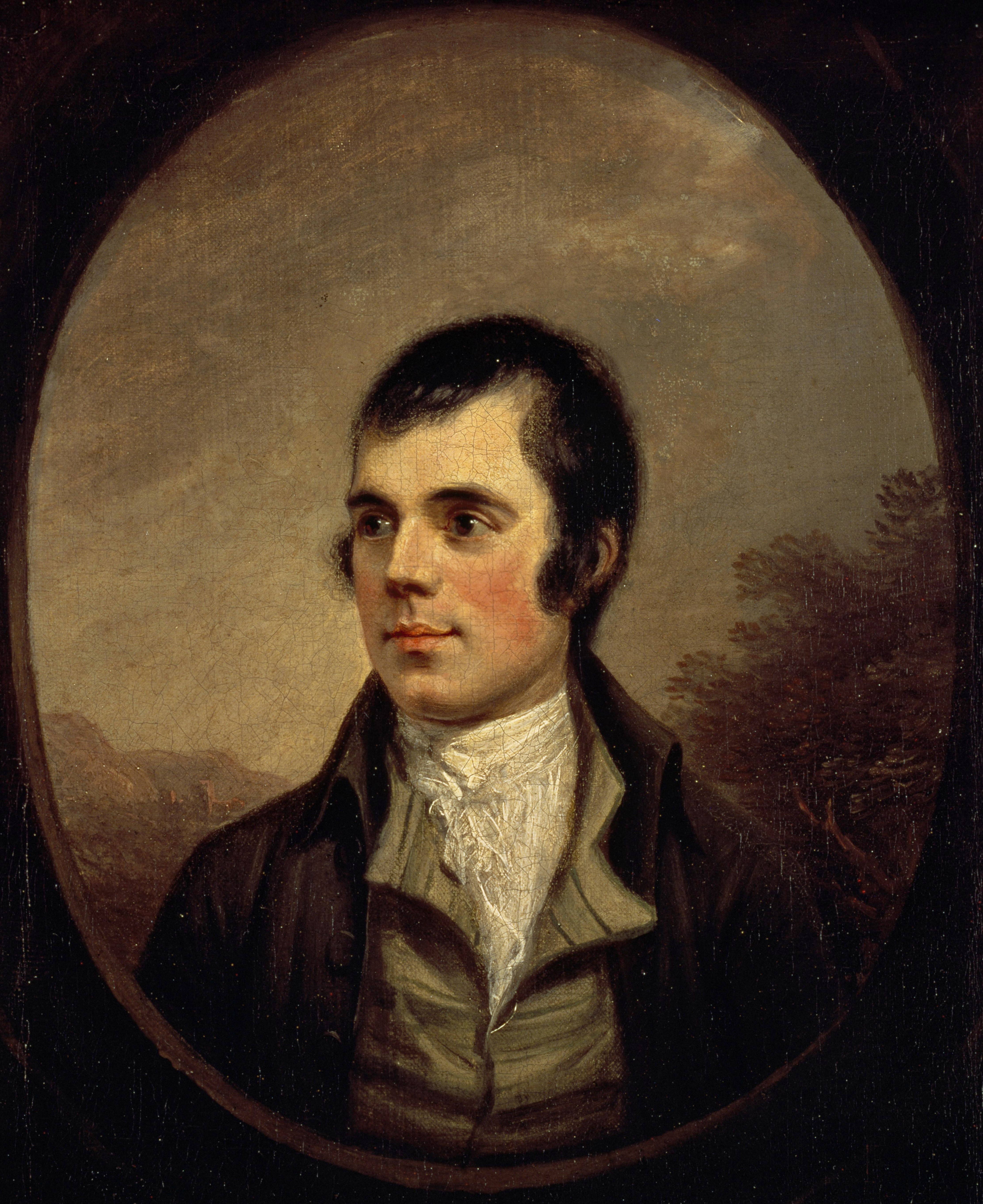
Robert Burns
Robert Burns (25 January 1759 – 21 July 1796), also known familiarly as Rabbie Burns,[a] was a Scottish poet and lyricist. He is widely regarded as the national poet of Scotland and is celebrated worldwide. He is the best known of the poets who have written in the Scots language, although much of his writing is in a "light Scots dialect" of English, accessible to an audience beyond Scotland. He also wrote in standard English, and in these writings his political or civil commentary is often at its bluntest.
For other people named Robert Burns, see Robert Burns (disambiguation).
Robert Burns
21 July 1796 (aged 37)
Dumfries, Scotland
Burns Mausoleum, Dumfries
Rabbie Burns
- Poet
- lyricist
- farmer
- excise-man
1795–96
12
He is regarded as a pioneer of the Romantic movement, and after his death he became a great source of inspiration to the founders of both liberalism and socialism, and a cultural icon in Scotland and among the Scottish diaspora around the world. Celebration of his life and work became almost a national charismatic cult during the 19th and 20th centuries, and his influence has long been strong on Scottish literature. In 2009 he was chosen as the greatest Scot by the Scottish public in a vote run by Scottish television channel STV.
As well as making original compositions, Burns also collected folk songs from across Scotland, often revising or adapting them. His poem (and song) "Auld Lang Syne" is often sung at Hogmanay (the last day of the year), and "Scots Wha Hae" served for a long time as an unofficial national anthem of the country. Other poems and songs of Burns that remain well known across the world today include "A Red, Red Rose", "A Man's a Man for A' That", "To a Louse", "To a Mouse", "The Battle of Sherramuir", "Tam o' Shanter" and "Ae Fond Kiss".
Influence
Britain
Burns is generally classified as a proto-Romantic poet, and he influenced William Wordsworth, Samuel Taylor Coleridge, and Percy Bysshe Shelley greatly. His direct literary influences in the use of Scots in poetry were Allan Ramsay and Robert Fergusson. The Edinburgh literati worked to sentimentalise Burns during his life and after his death, dismissing his education by calling him a "heaven-taught ploughman". Burns influenced later Scottish writers, especially Hugh MacDiarmid, who fought to dismantle what he felt had become a sentimental cult that dominated Scottish literature.
Biographical information
![]() Works by or about Robert Burns at Wikisource
Works by or about Robert Burns at Wikisource
![]() Quotations related to Robert Burns at Wikiquote
Quotations related to Robert Burns at Wikiquote
![]() Media related to Robert Burns at Wikimedia Commons
Media related to Robert Burns at Wikimedia Commons